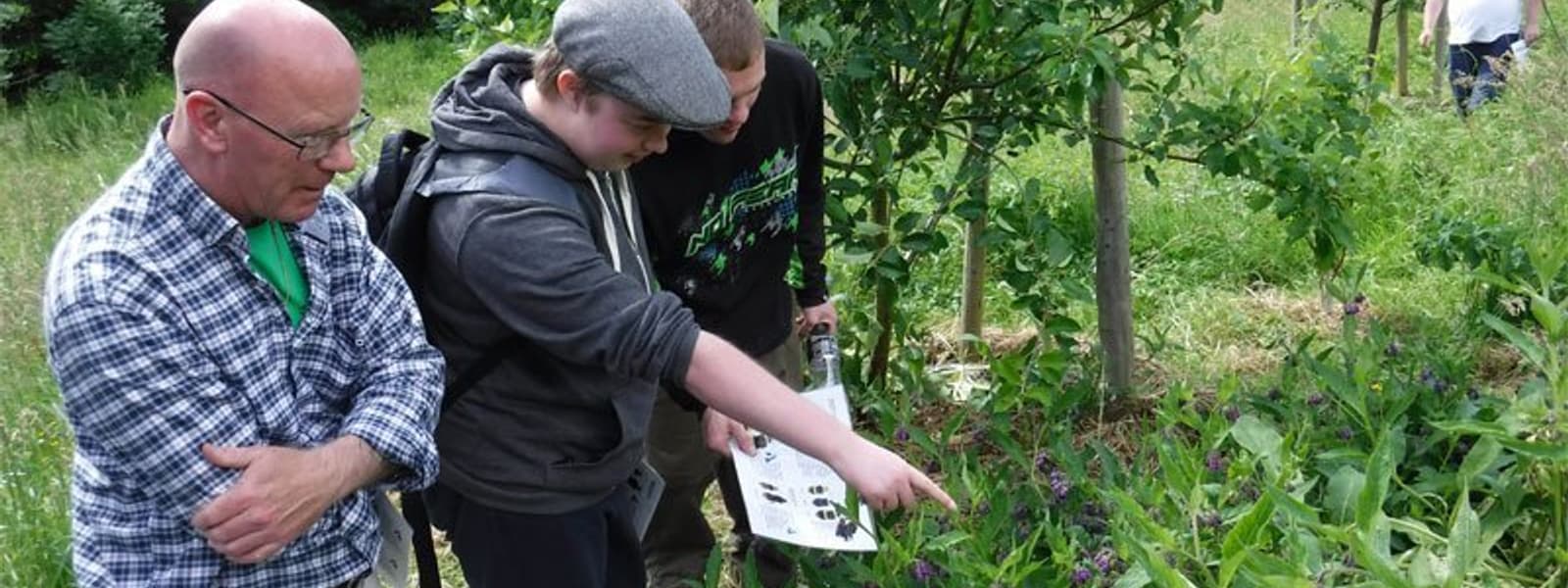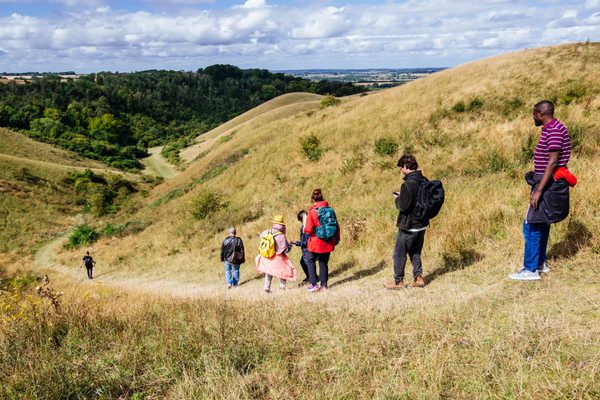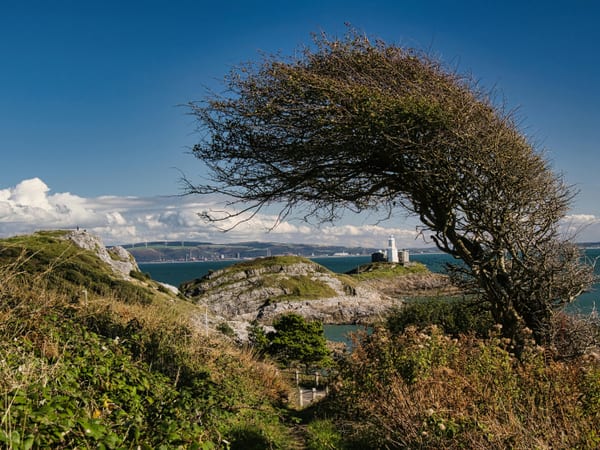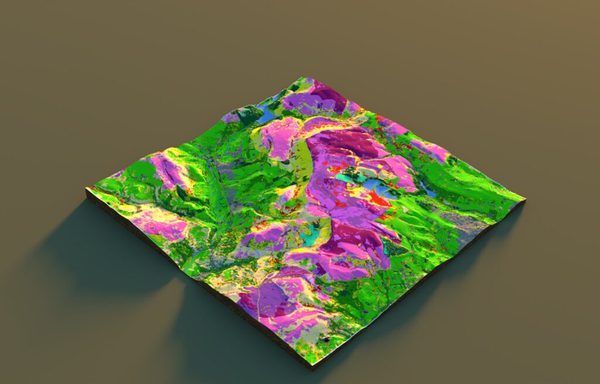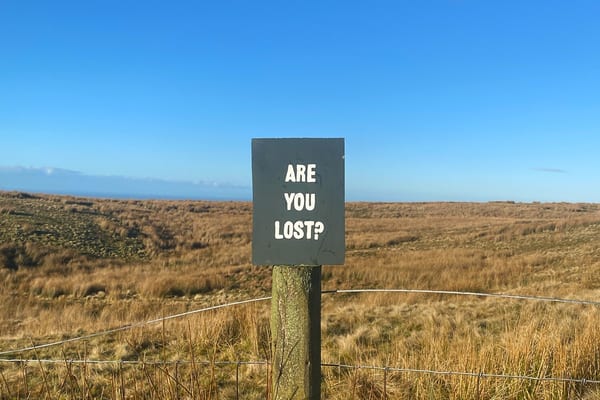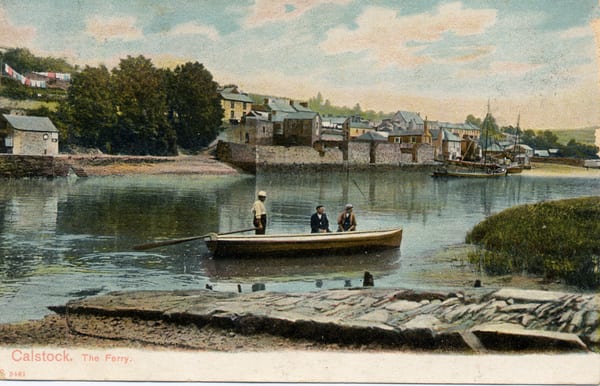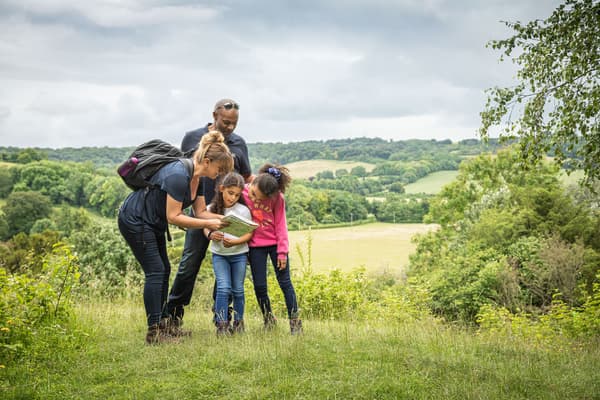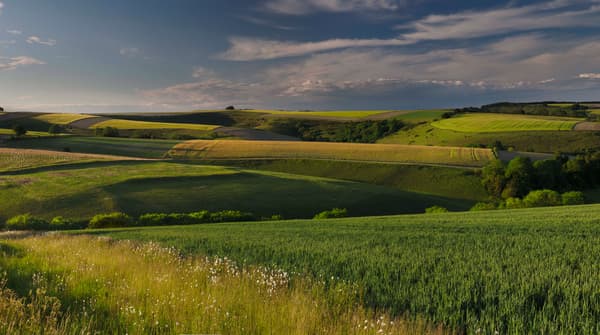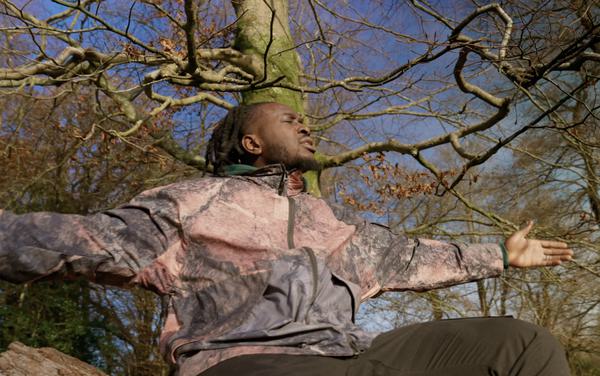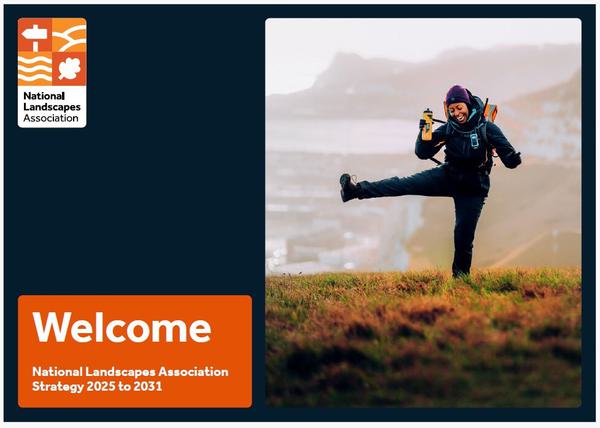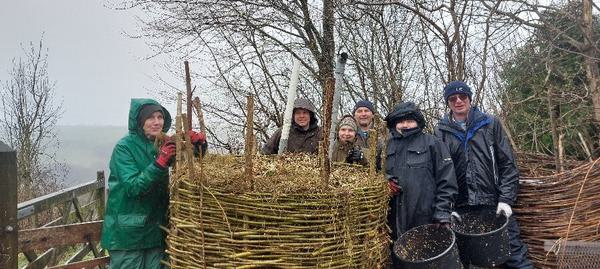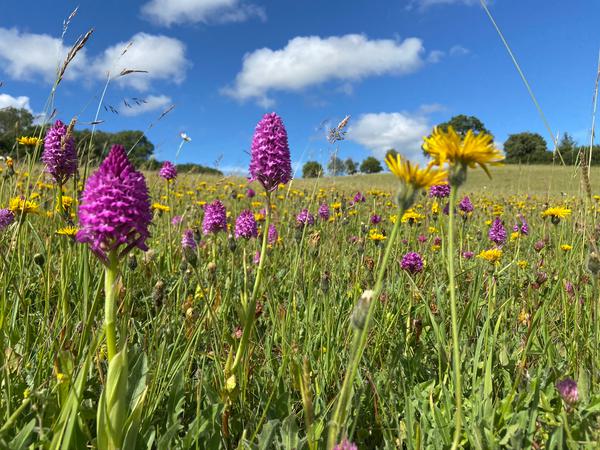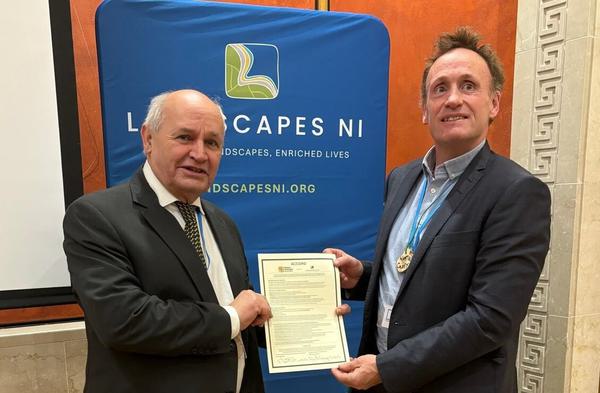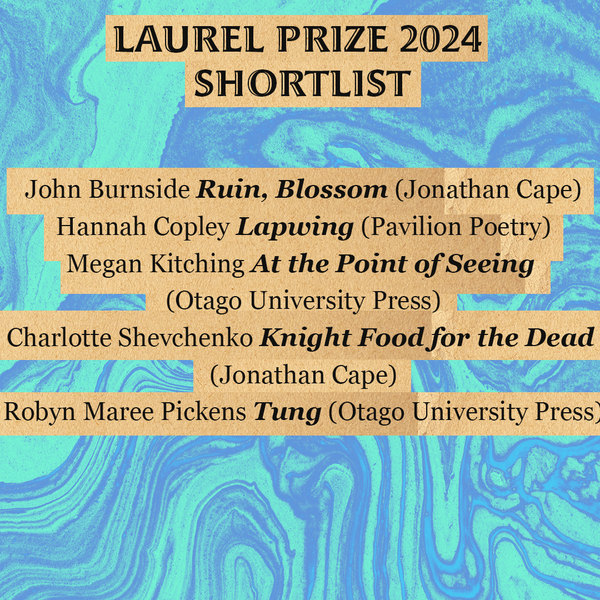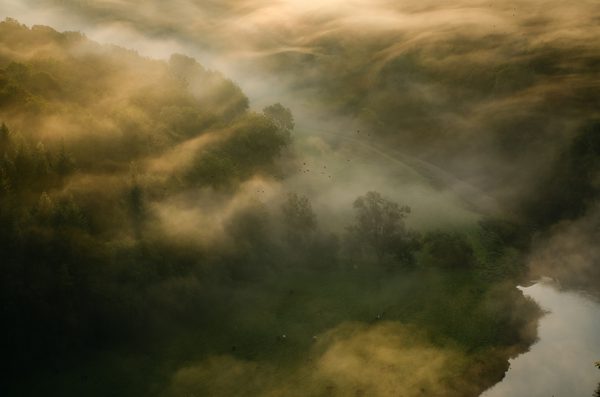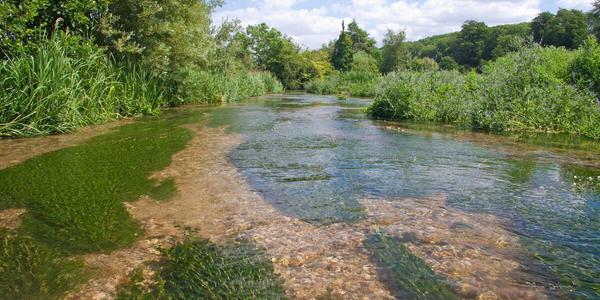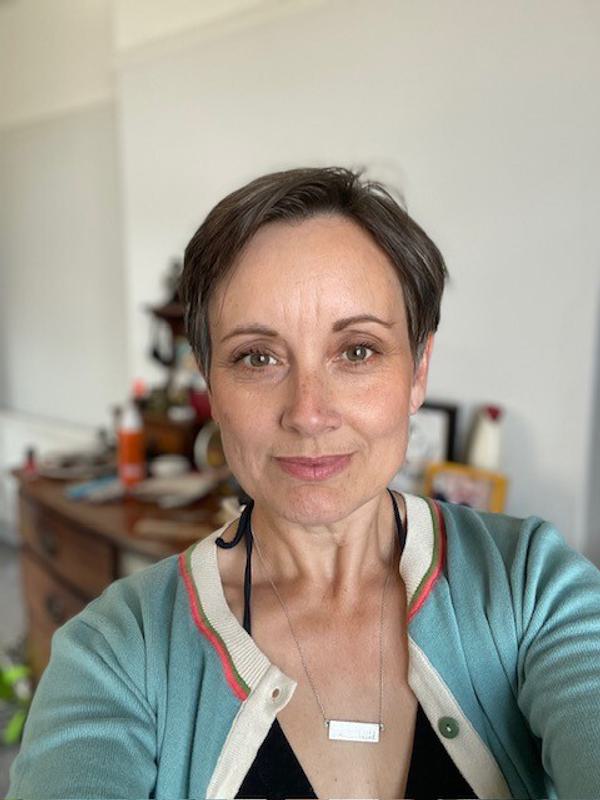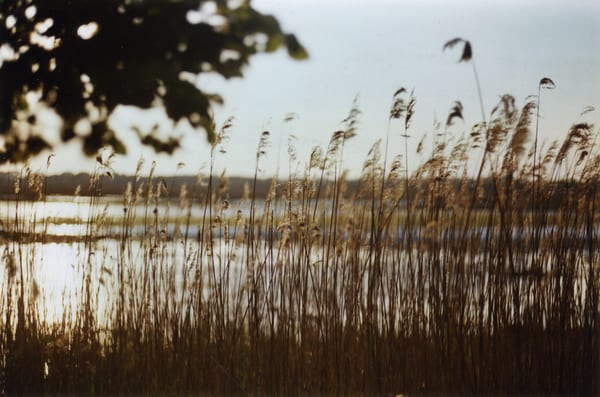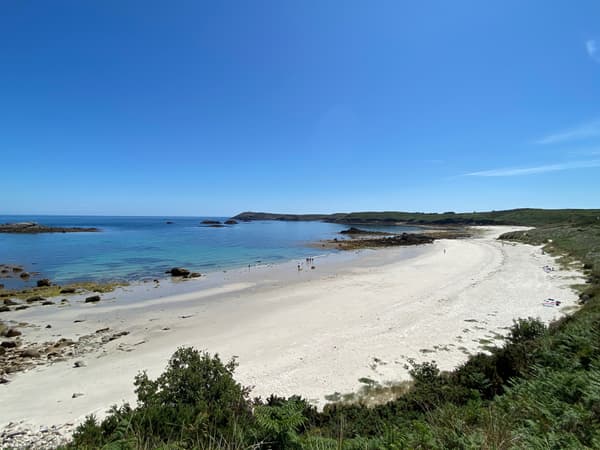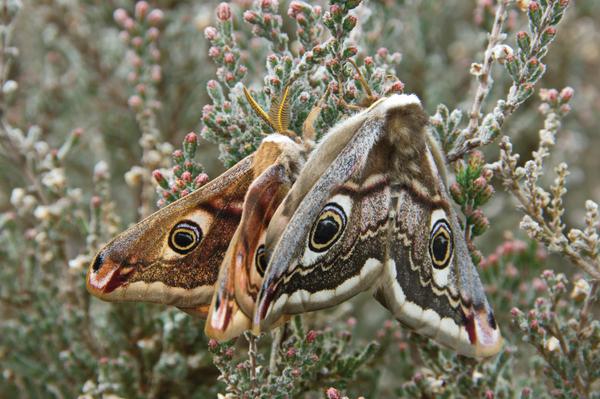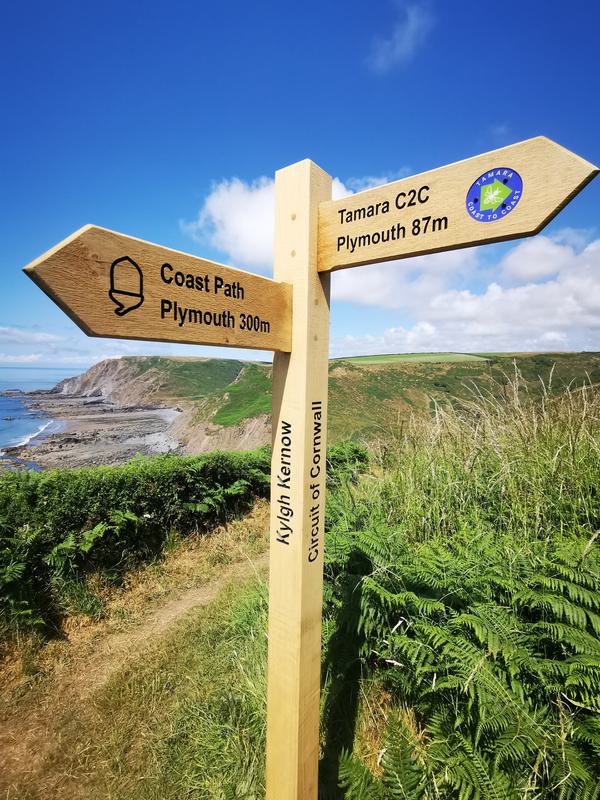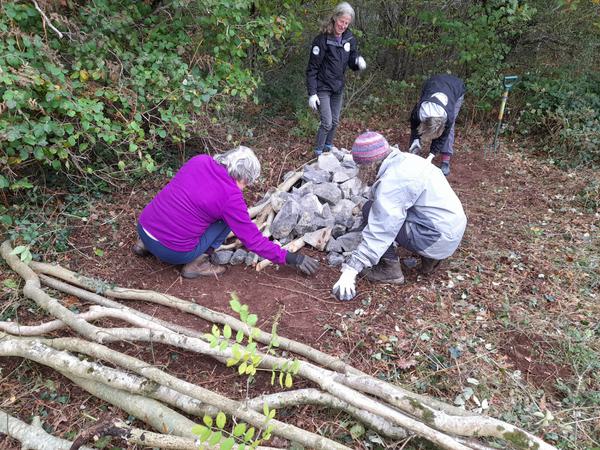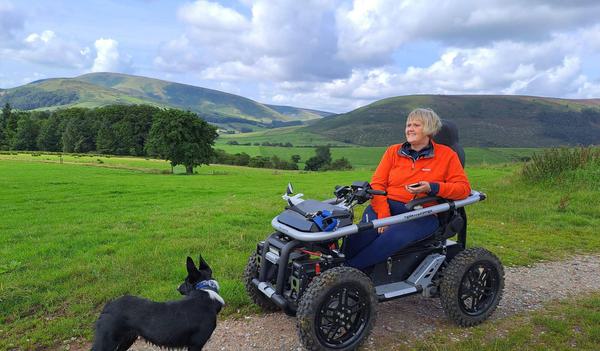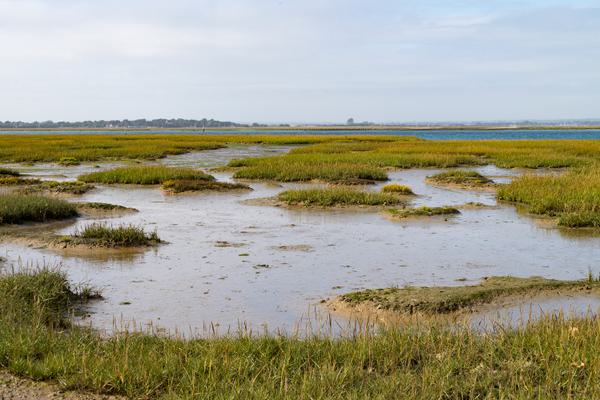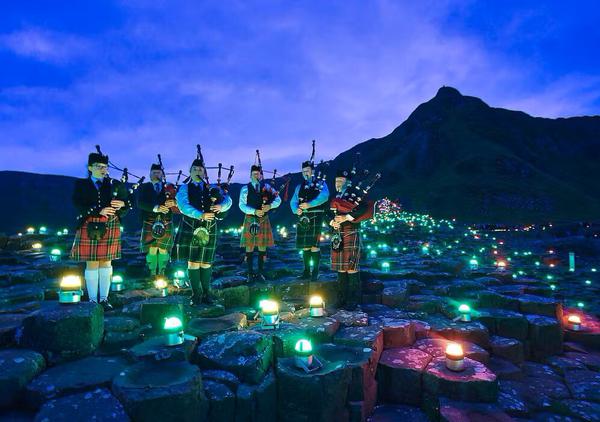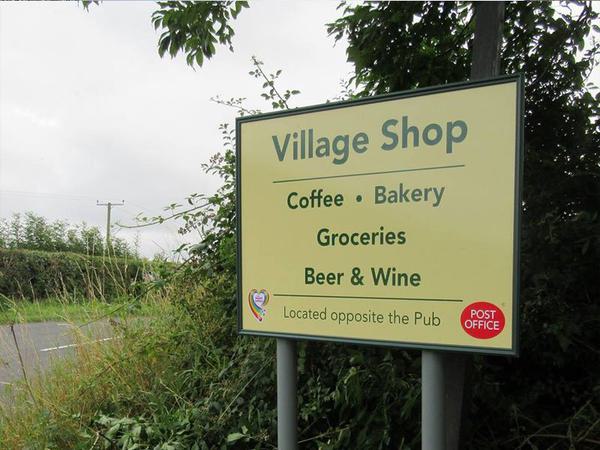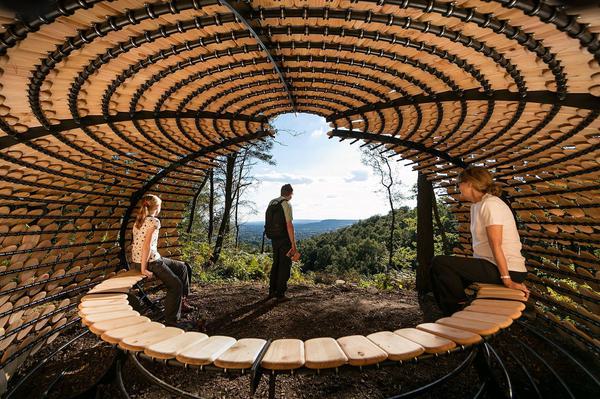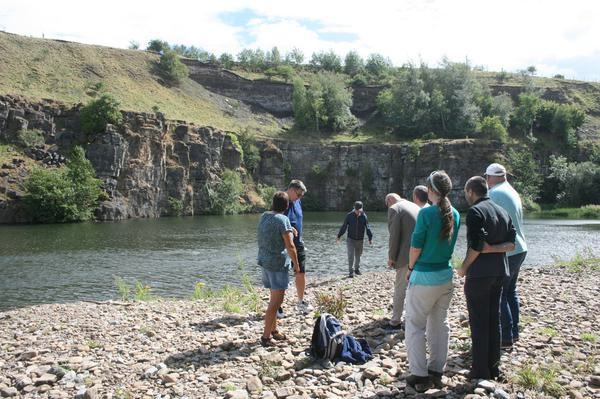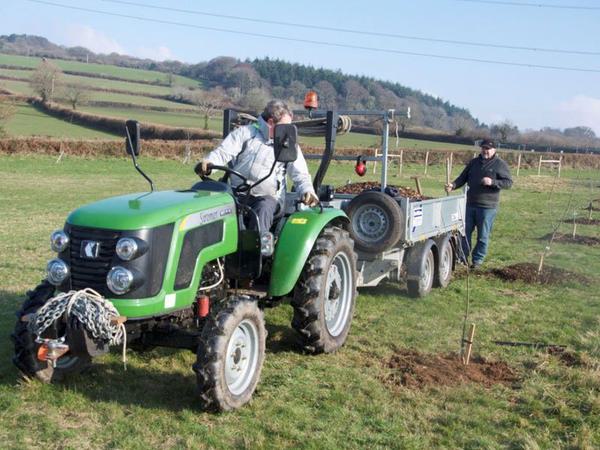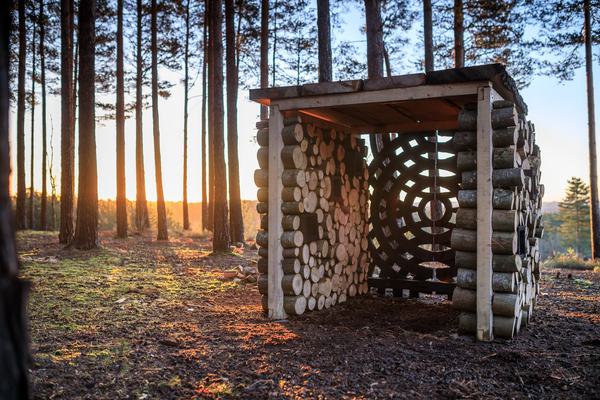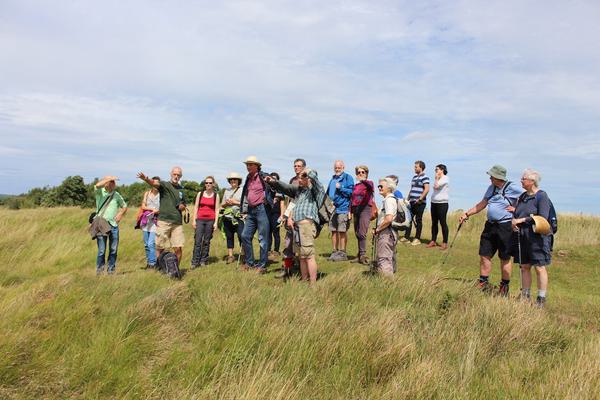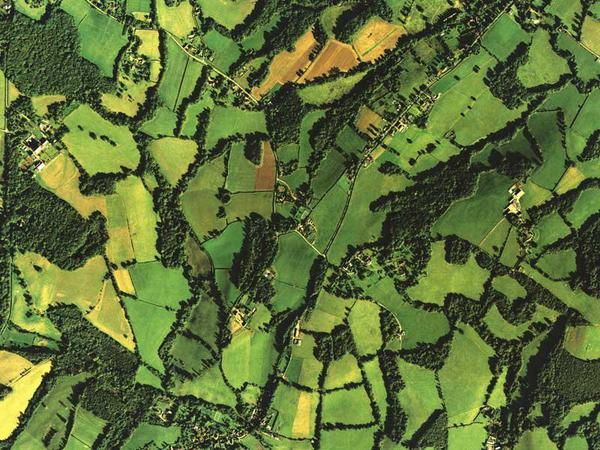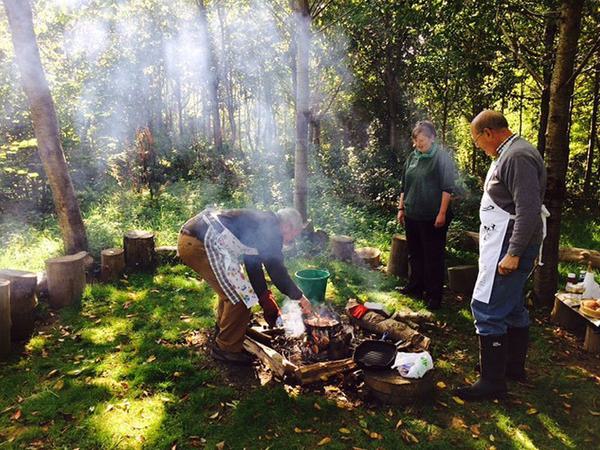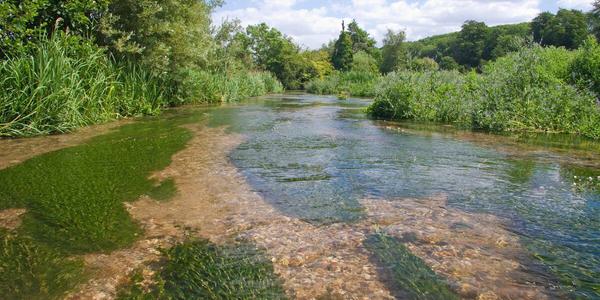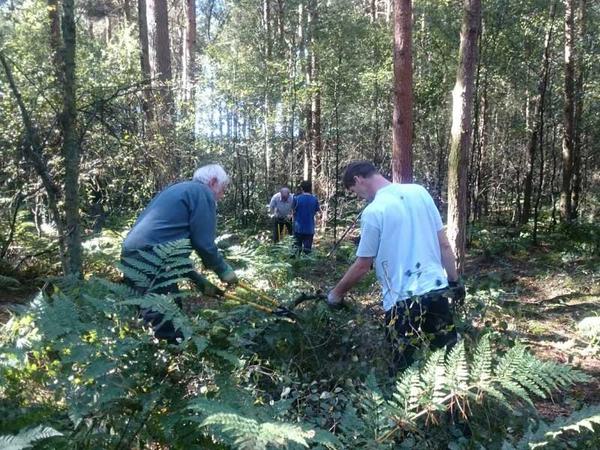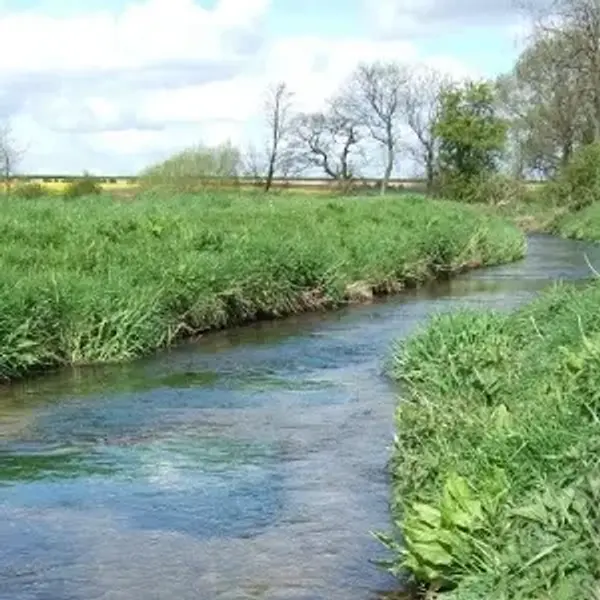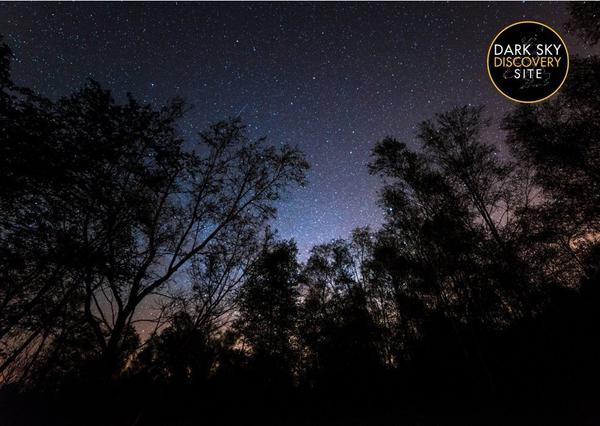People Enjoying Nature (PEN) pilot project
Overview
The PEN pilot project took place over the summer of 2017, and delivered a range of different activities for individuals dealing with mental health issues. The participants really enjoyed the being a part of the PEN project, most learnt new skills and knowledge about nature and their local landscape, and most recognised the positive opportunity the PEN project gave them to get outside. Social networks were developed and the participants were also able to find out more about other local groups and opportunities which they could get involved in.
People Enjoying Nature or ‘PEN’ is an outreach project planned to be run within the Pendle Hill Landscape Partnership between 2018 and 2022. PEN aims to give individuals who are dealing with mental health or social isolation issues the opportunity to get out in the Pendle Hill landscape and take part in new activity and learn new skills. We hope to evaluate the benefits these sessions have on the participants, in terms of general enjoyment; mental health and well-being; social networking and skills gained/employability.
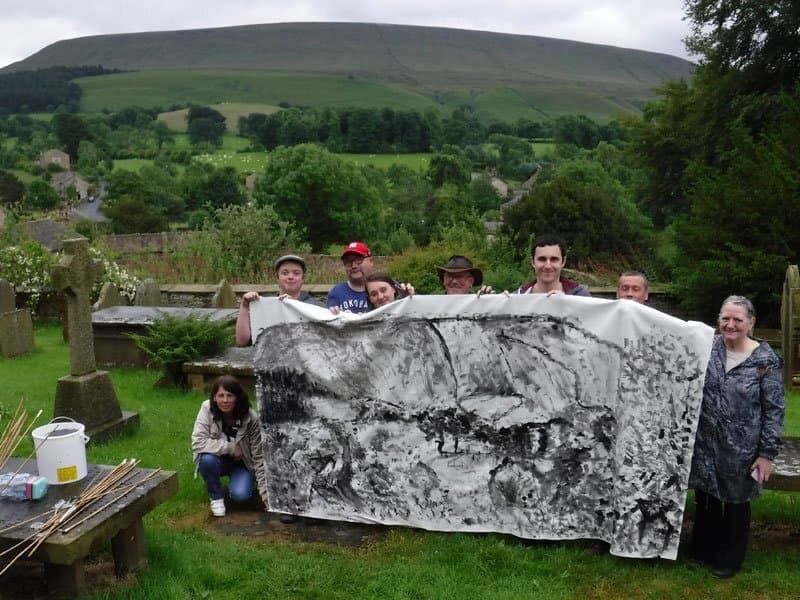
What was done
The People Enjoying Nature (PEN) pilot project was set up as part of the development phase for the Pendle Hill Landscape Partnership, as a planning tool for the larger outreach project. As well as offering individuals the opportunity to enjoy and benefit from nature based activities in the local landscape, the aims of this pilot study was to evaluate and observe content of PEN sessions, interest in the project and experience with practicalities such as sites for activities and transport.
People Enjoying Nature is working in partnership with NHS Lancashire Care Foundation Trust East Lancashire Community Restart, which is a forward thinking service that is dedicated to improving quality of life, promoting opportunities and improving the outcomes for people across Lancashire. This service supports a number of local individuals and local groups, and so they were able to signpost and register individuals onto the sessions.
The project was delivered over 12 weeks, with a 4 hour session held each and every Thursday afternoon. The sessions included a large range of activities, from building bird boxes to dry stone walling and a local archaeology session to a bushcraft taster session, and took place at different locations across the Pendle Hill Landscape Partnership area. The project provided transport to and from the sessions from central pick up location, as we recognised that transport was a significant barrier for many people and the public transport links in the area aren’t very efficient.
Sessions were managed by an AONB member of staff, with support from volunteers. On 8 of the sessions local facilitators or experts were paid to run technical activities such as bushcraft or navigational skills.
The pilot PEN project cost £2430 in total, of which the majority was used for minibus hire. The minibus was hired from a local community transport company, and this partnership worked very well.
The project was evaluated using a number of different methods such as photographs, formal feedback forms and through conversation with individual participants. After the 12 weeks of activity, we organised a PEN celebration event, which was well attended and enjoyed by all!
Outputs/Outcomes
- The pilot project engaged with 30 different individuals across 12 weeks. Overall throughout the project there were 117 participants.
- 12 different activities were organised and delivered.
- One evaluation report was produced, which will be beneficial to the PEN project over the next 4/5 years.
From the positive feedback and evaluation obtained, the vast majority of the participants enjoyed the PEN sessions they took part in, and the amount of positive feedback can only add to the evidence that taking part in the PEN sessions can have positive effects on mental health and wellbeing.
Learning
Our partnership and consultation with East Lancashire Community Restart allowed us to gain more of an understanding about needs of the focus audiences and make the sessions as accessible as we could. Working with this NHS service also allowed us to advertise to a wider audience, a different audience than would normally work with the AONB.
Through this partnership we were able to organise and deliver the best programme for the individuals, giving them the opportunity to benefit from it and ultimately enjoy it.
Further information
The PEN evaluation report can be found on the Pendle Hill Landscape Partnership page www.pendlehillproject.com
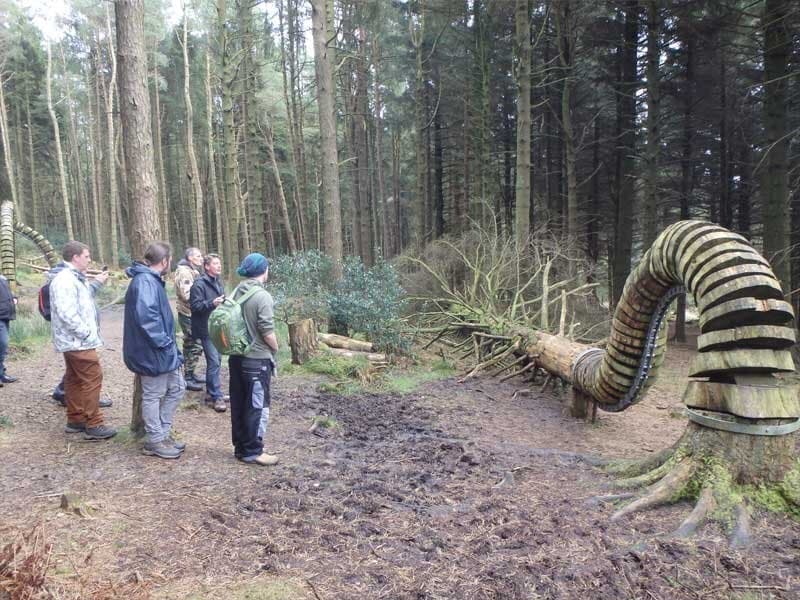
The participants on the PEN project loved to get stuck in and involved with all the activities and were very appreciative of the Pendle Hill landscape, openly understanding and realising the benefits being out in the landscape had on their wellbeing.
Project Manager
With all the negativity and things that get you down, coming to somewhere like this and learning or doing something positive, no matter how small, really recharges me.
Participant after a session at a Forest Garden.
